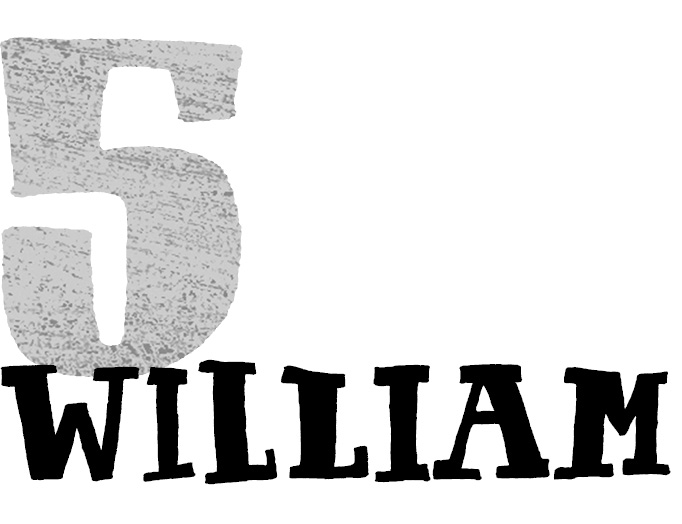
I admit to curiosity concerning the famous bach. Dad always talks about childhood holidays there as “twelve on a scale of one to ten”. Lissy and I have never been there. I remember there were invitations, but Mum always said she couldn’t take children to a place with no electricity and an outdoor toilet. So why is she sending us there now, on our own? You have no doubt discovered, as I have, that parents can practise grand deceit, yet look extremely injured when their child tells a tiny white lie. Such is the pecking order in families. Mind you, I’m not complaining, just saying that the bach could be interesting. Unlike Melissa who only packed a cell phone charger, I have a torch with spare batteries, a compass, my Swiss Army knife, and the survival rations already mentioned.
“The chimney will be brimming with birds’ nests,” Grandpa says cheerfully. “That’ll be your first job. Clean it out, so’s we can light the fire.”
“I thought my first job was map-reading.” I don’t say it all that loud but his ear scoops it up.
“Map ain’t no job.” He puts on his cowboy accent. “You gotta do better than that, pardner. Lasso the ladder! Break in the chimney!”
I keep my finger on the map because we’re approaching Havelock. “I think we turn right to get on the Sounds road.”
“Chuck that thing away, pardner. From here on in, I know the way like I know my own ask-your-mother-for-sixpence. Me and the horse can go there blindfold.”
Grandma leans over and pokes me in the back. “Don’t take any notice of the old fool. You hang on to that map, Will, or he’ll have us up a tree. We’ve got to get there well before dark.”
“Why?” Melissa sounds nervous, probably thinking of werewolves and vampires or the fact that she packed a cell phone charger instead of a torch.
“I don’t see too well,” Grandma says.
Grandpa turns off on the Sounds road, and I get our first view of water and green hills. Dad has told us tales of a narrow dirt road, winding into wilderness like a never-ending snake, but I think that was pure hyperbole. The road is curvy but sealed and there are houses everywhere, almost suburban.
The old folk get excited when they recognise familiar landmarks, the bay where there was a bush fire back in 1972 and the house with the jetty that once belonged to a circus lion tamer. It amuses me that Grandpa can remember all this trivia and yet forget my name. Twice, he has called me Alistair – my father’s name – and for the rest of the time it’s some substitute like boyo or pardner or tama, depending on which accent he’s trying out.
“Are we nearly there?” Melissa asks.
“About two hours, girlie,” says Grandpa.
“Two hours!”
“One and a half,” Grandma says.
“It’s two hours from here, you daft old chook,” Grandpa shouts. “You’ve forgotten!”
“You want a bet? One hour, thirty minutes!”
“Two! You’d forget your head if it wasn’t screwed on, and mark my words, you’d be better off without it. Two hours!”
They’ve started one of their stupid arguments, and it goes on for about five kilometres until it’s time for a toilet stop. Only there aren’t any toilets, just bushes at the side of the road. Melissa is full of Dad’s stories about possums and wild pigs, and she refuses to get out of the car. But she is also full of milkshake and bottles of water, so she has to get out after we’ve all finished. She still won’t go into the trees, so she squats down on the road behind the car where we can’t see her. Too bad another car comes along.
Silly Lissy! She never gets it right. She jumps into the back seat, screaming at us all for laughing, and then she opens her cell phone to text her friends and shut us out. Bet she’s not texting what just happened, though.
I have to admit that Dad is right about the road. It gets much narrower and there are fewer houses, an occasional farm but mainly forest with tree ferns and manuka hanging over the edges of the dirt road in front of us. Sometimes, we glimpse the sea through a clearing. Grandpa tells me that the black lines in a bay are a mussel farm, but I don’t see any boats. I get a feeling we’re going nowhere. Well, the nearest thing to nowhere.
The sun shines low on the water and the trees cast long shadows on the road. If I were a poet I could write something about sunset in the Sounds, but I’m William, eleven and a half years old and just plain worried. Do they really expect me to clean a chimney in the dark?
I check my watch. One hour and forty minutes since the argument. We have now taken another turn-off and are on a track that isn’t a road. Grass grows down the middle and ferns brush the car on each side. The ruts reveal how primitive the springs are in these old cars. Whoa! If I didn’t have a seat belt on, I’d flatten my face on the windscreen.
The track takes us down to the edge of a bay that is half in sunlight and half in dark shadow. On the shadowed side there’s a stand of old macrocarpa trees. Grandpa pulls over and stops. Neither he nor Grandma says a word.
“Are we here?” I ask.
I already know it. Inside the circle of trees is a wooden hut with a brick chimney, a verandah, a water tank and a corrugated iron garage. The grass and scrub around them have grown almost as high as the hut’s windows.
This is the famous bach of my father’s childhood.